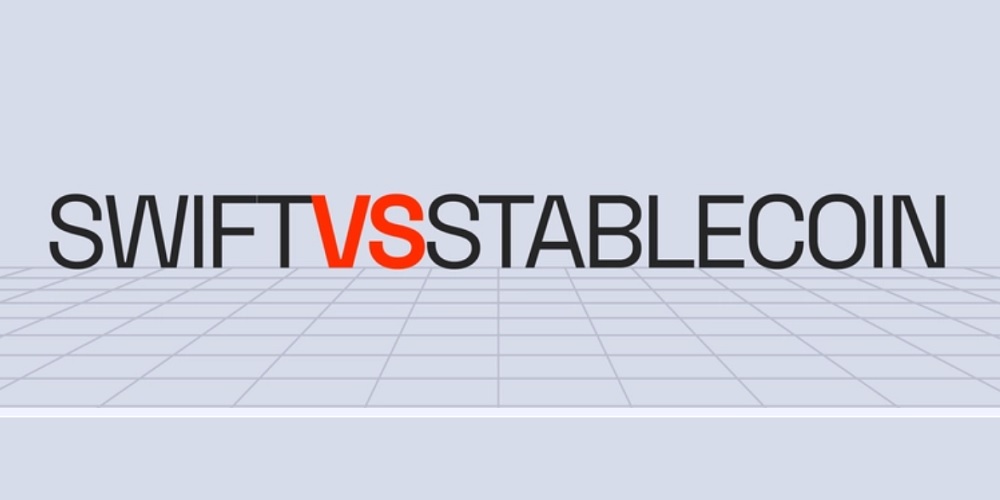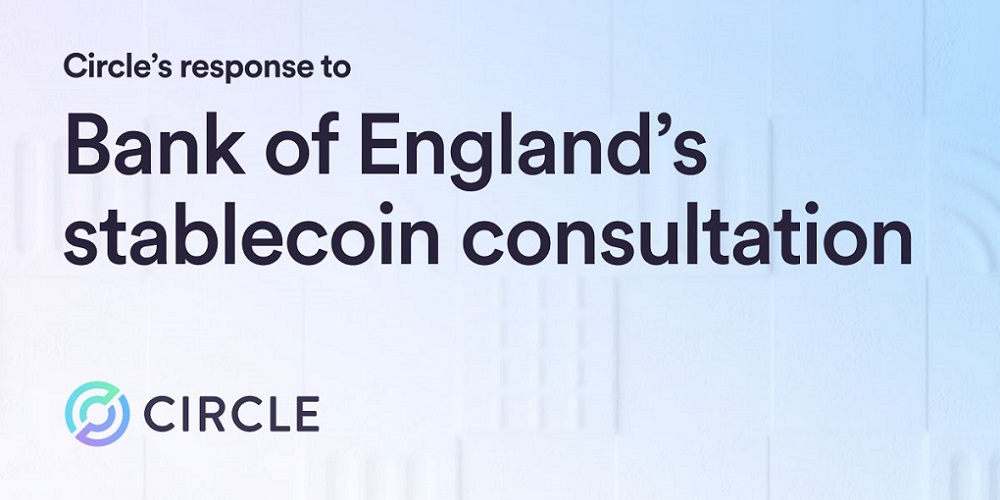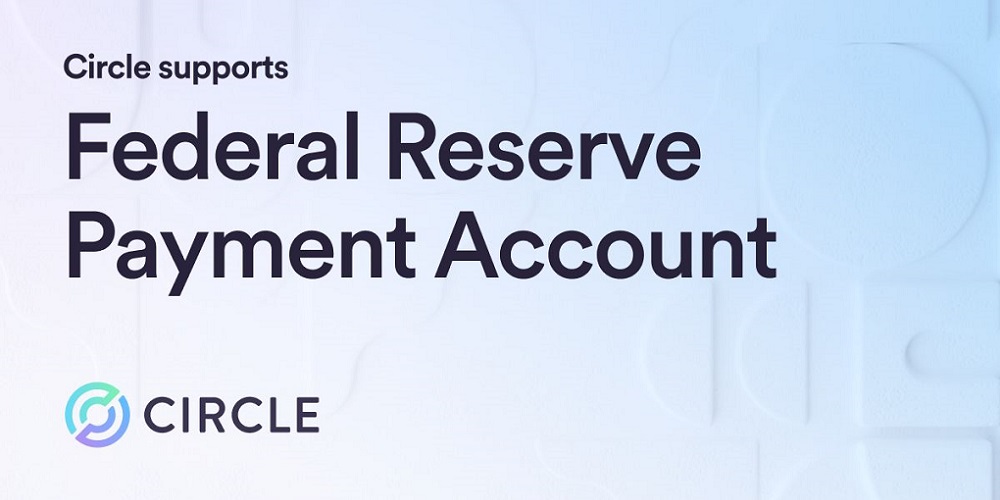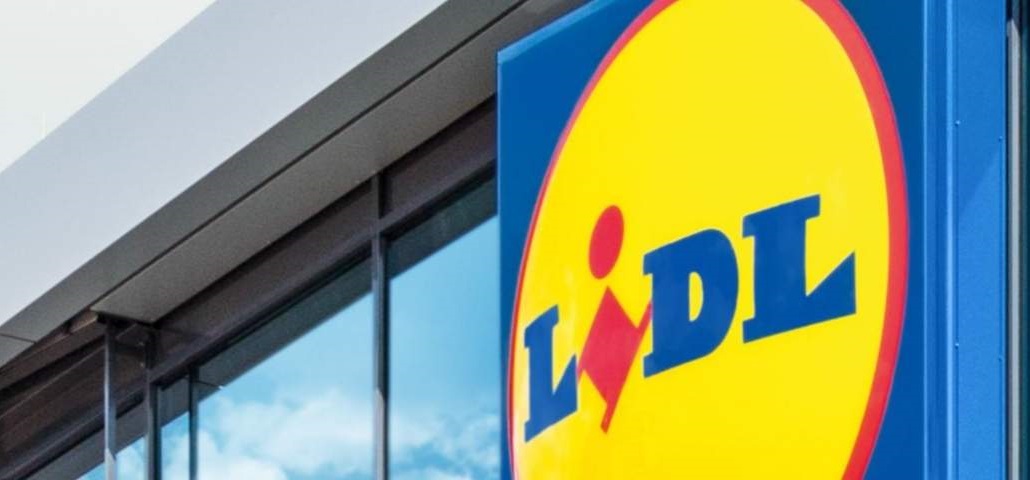PayU’s total sum of investments and acquisitions in global fintech exceeds $350 million since 2016
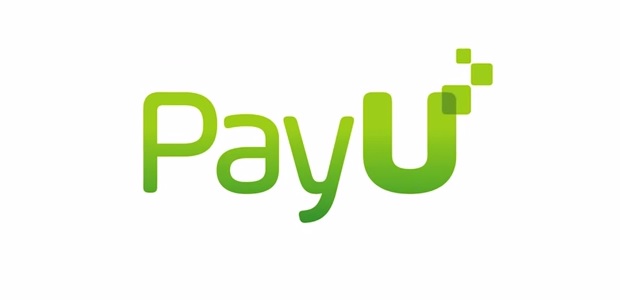
PayU today announces the acquisition of leading payments technology platform ZOOZ. The deal supports PayU’s ongoing expansion into high growth markets and targets the $994 billion* opportunity in cross-border payments.
The ZOOZ acquisition is for an undisclosed amount but brings PayU’s total sum of investments and acquisitions in global fintech to more than $350 million since it began a series of strategic moves across the globe in 2016 to open access to financial services.
The ZOOZ and PayU teams will work together to create the leading, global standard payments infrastructure of the future. As part of this vision they will build a comprehensive, modular, and highly flexible ‘Payment OS platform’ that can support evolving merchant and broader payment industry needs. The platform’s immediately expected features include fraud management and real-time reporting or smart routing, to better aid global merchant growth.
„The deal follows a successful partnership which, for the first time, gave PayU merchants such as Gett and Kiwi.com access to 2.3 billion new customers across high growth markets via the ZOOZ-designed PayU Hub platform. It leverages PayU’s payments infrastructure and ZOOZ’s state-of-the-art technology to open up access to new markets for merchants with global aspirations and sets a new standard for payments across borders.”, according to the press release.
Laurent le Moal, CEO of PayU, said: “PayU is one of the most active investors in the fintech space and we are always looking for opportunities to innovate and support our merchant clients to grow.”.
With the cross-border market expected to reach $994 billion in 2020, nearly two-thirds of cross-border business will come from high growth markets like Asia and Latin America, according to a report by Accenture*. Alternative payment methods still represent as much as two-thirds of all payments in these markets.
ZOOZ was founded in 2010 by Oren Levy and Ronen Morecki. It has become one of the most well-known payments technology players in Israel. Following completion of the deal, ZOOZ will be wholly owned by Naspers, strengthening its Payments division and supporting its strategy to grow its financial services footprint across emerging markets with long-term growth potential.
Last month, PayU announced another investment of USD 11.5mn in PaySense, company which provides Indian consumers access to a credit line based on an alternative-data decisioning model. PaySense utilizes India Stack to create a digitized infrastructure across government and business services in India.
Headquartered in Mumbai, PaySense has the vision to become the leading risk assessment provider for over 160 million Indian households, currently underserved by traditional credit avenues. It bases an innovative credit decisioning model, by leveraging millions of data points to profile individuals based on their financial behaviors within a Social Graph of a vast number of potential borrowers.
Serving customers in over 50 cities across India, the company has disbursed over 60,000 loans in the last 12 months. PaySense offers a fully digital loan, flexibility in loan plans and repayment options that run over 3 – 24 months.
Dariusz Mazurkiewicz – CEO at BLIK Polish Payment Standard
Banking 4.0 – „how was the experience for you”
„To be honest I think that Sinaia, your conference, is much better then Davos.”
Many more interesting quotes in the video below:


